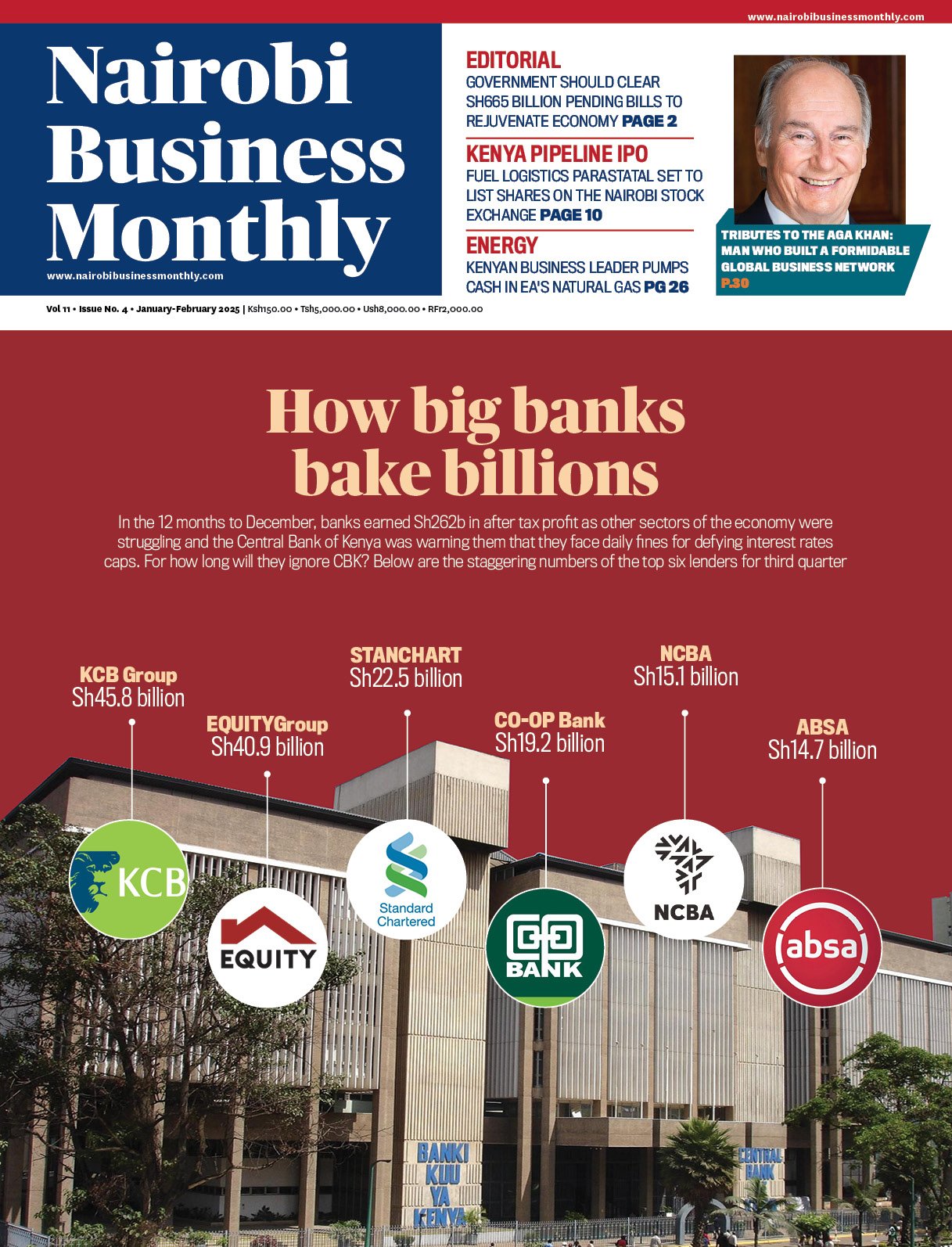Businesses have failed to grow past their first eight months due to various reasons like bad debt, stiff competition from established businesses in the same line of products, poor market research by the owners before setting up, and most important cash flow problems. Those that have sustained past these early stages have either experienced hard economic times or never grown like the owners had initially anticipated. Kenyan businesses are mostly family owned, and with individuals mostly having limited sources of financing to grow or expand, it is important that they seek, despite the skeptics, other sources of financing to grow. The best question entrepreneurs must ask themselves is whether it is better to own 100% of 50 million or 1% of a 2 billion worth business venture. This is where equity financing comes into play.
 Kenya’s SME ownership as at 2016 – KNBS
Kenya’s SME ownership as at 2016 – KNBS
Not a very common or popular means of financing in the country as opposed to debt financing, the few businesses that have chosen to try equity financing have reaped big. While debt financing remains the most familiar way for entrepreneurs to seek funds, with it comes to the obligation to pay back the borrowed amount and with terms that may not be business friendly like fluctuation. Debt financing has also been compounded with the bank interest-capping rate that has made it arduous to get loans from financial institutions especially to individuals who do not have good credit score.Equity financing is a reprieve; freeing the owner from the burden of monthly remittances to offset any debts as in debt financing. This is a bonus to the enterprise as the money can be channeled into other important aspects of the business as growing it especially at the initial stages and when they are not already making profit. Equity financing also brings into the business the equity investors who are mostly very knowledgeable individuals in the business sector and the entrepreneur is exposed to ideas he would have hitherto never been privy to and most important, they are able to enjoy their vast business network that might include and not limited to access to markets and clients. The credit worthiness of many Kenyans is bad due to default or delayed repayments especially of mobile money loans. This in turn has led many to be listed by the Credit Reference Bureau (CRB) as having very low credit score and thus risky to loans from financial institutions.
In equity financing however, the equity financier is more concerned with the growth aspect and profitability of your venture and may often overlook your credit history because they know that they will be around to guide you and help you into profitability. Despite being heavily welcome in Europe, America and Asia, the idea is met by a lot of doubt especially by local investors who view their enterprise as an opportunity of being ‘their own bosses’ and rightly so. By allowing private equity, you open up your business to the idea that you may now not enjoy the monopoly of making business decisions on your own and also sharing in the profits that you make. The investors will more likely have an input onto the business knowing very well that the success and failure of the venture will affect them personally. While this monitoring may not seem attractive, the upside of a capital injection and expert advice should be an upside that entrepreneurs must never ignore as the long-term benefits have always shown.
Mr Rick Watson, managing director and Head of Capital Markets at AFME(Association of Finance Marketing in Europe) says that equity finance is not a silver bullet, but the aim is to ensure that SMEs have the information and are able to make informed choices when seeking to grow their ventures as opposed to relying on debt and asset financing.


